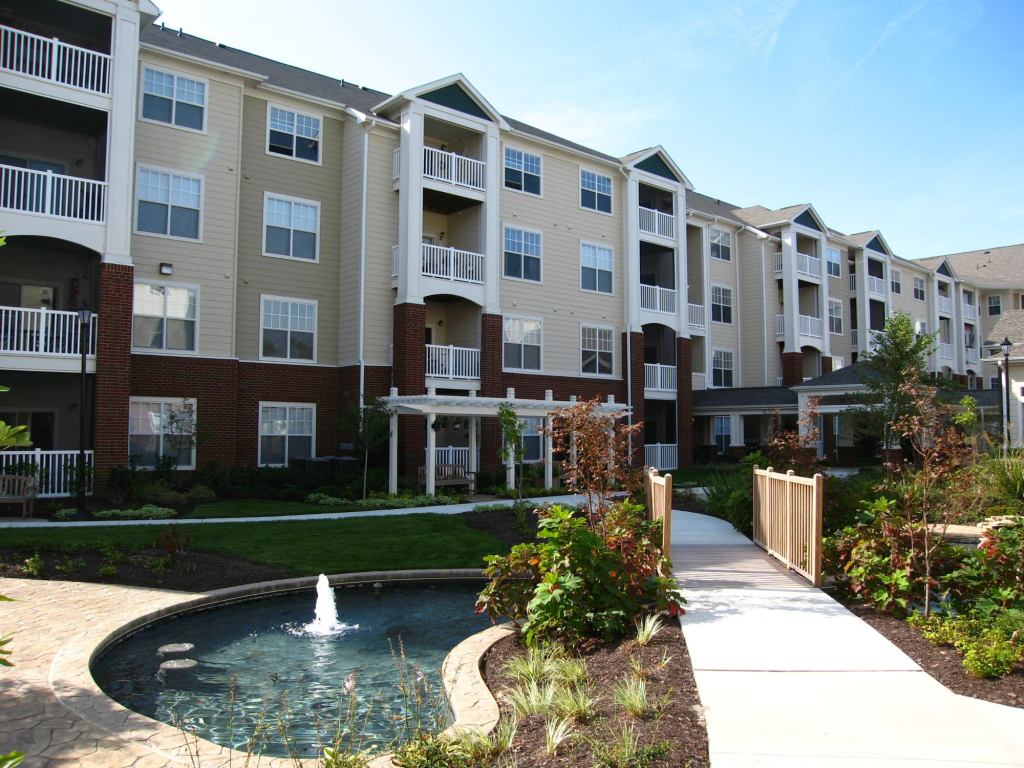Consider the recent spate of consolidation in the seniors housing space as a whole. Chicago-based REIT Ventas closed on its $3.1 billion acquisition of Mobile, Ala.–based Atria Senior Living Group in May, creating the largest owner of seniors housing in the nation, at more than 1,300 assets. In February, Ventas also announced that it would acquire Newport Beach, Calif.–based Nationwide Health Properties in an all-stock deal worth about $5.8 billion. Meanwhile, Toledo, Ohio–based Health Care REIT bought nearly 150 properties from rehabilitation facility and nursing home operator Genesis HealthCare Corp., based in Kennett Square, Pa., for $2.4 billion.
Basically, the good stuff is moving. “The seniors product type is trading similarly to other, more conventional product types where there’s a barbell effect,” says Gary Lucas, SVP and managing director of Encino, Calif.–based Marcus & Millichap and the national director of the firm’s National Seniors Housing Group. “The high-end, well-located facilities are in demand and commanding strong prices, and the distressed assets are trading at bargain prices. The product in the middle is less active.”
Bell saw this activity and sensed a shift. “We felt [the past year] was a very compelling time to sell,” Bell says. “There’s a lot of capital flowing globally into income-producing stocks. As a defensive play, there’s also a lot of capital flowing into health care stocks. A lot of health care REITs are sitting on cash. They’re motivated to put that cash to work.” Fortunately for Bell, there’s a premium on what they had, which was volume. “The health care REITs aren’t interested in one-offs, generally,” Hegarty says. “They have to do a lot of transactions a year to keep growing. They can’t keep chasing one- and two-asset deals.”
Because of the difficulty of building a portfolio piece by piece, portfolios in the health care space carry a premium. If the bulk of the health care REITs are chasing a portfolio, cap rates can drop 200 basis points.
This trend worked well for Bell. “We thought there was a good opportunity to get a portfolio premium,” Bell says. “We had several REITs pursue this portfolio. Ultimately, we moved forward with SNH.”
Bell Partners’ moves aren’t finished, though. The firm also wants to exit its commercial business, which includes retail and, to a lesser extent, office properties. The company plans to sell about $200 million (four or five properties) worth of the retail assets this year, and most of the remaining 15 properties in the next one to two years, though Bell won’t get the portfolio premium in that sector that it did in seniors.
“We’re just doing what we said we were going to do,” Bell says. “We said we were narrowing our focus. Now, we’re finalizing [that move].”
